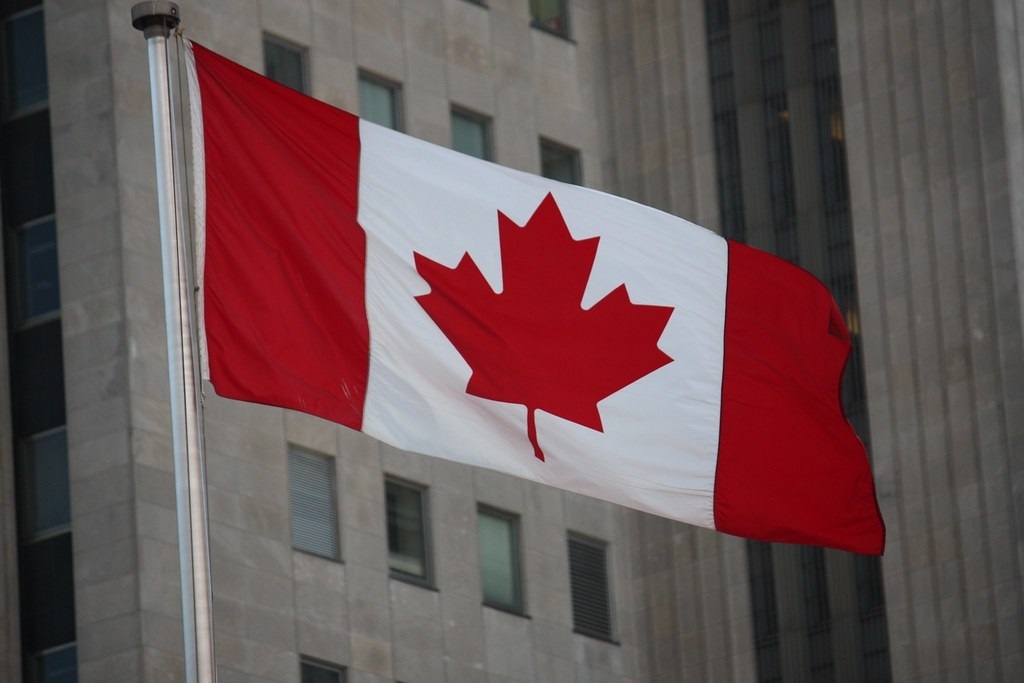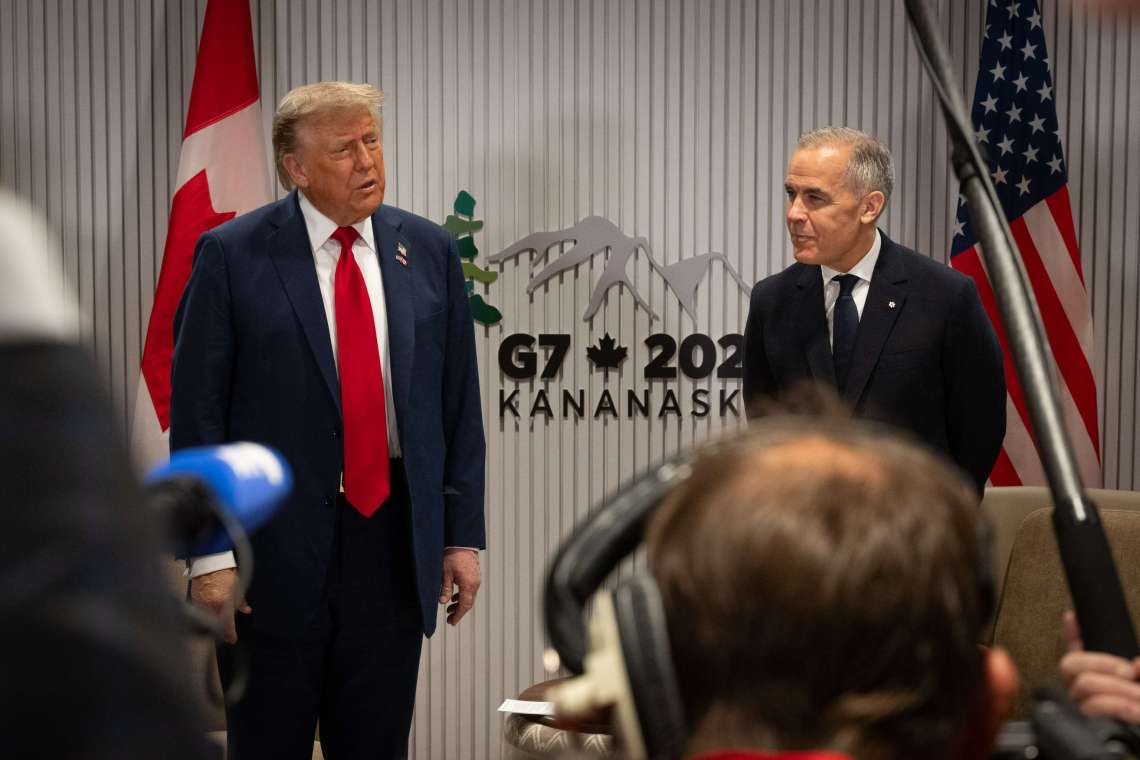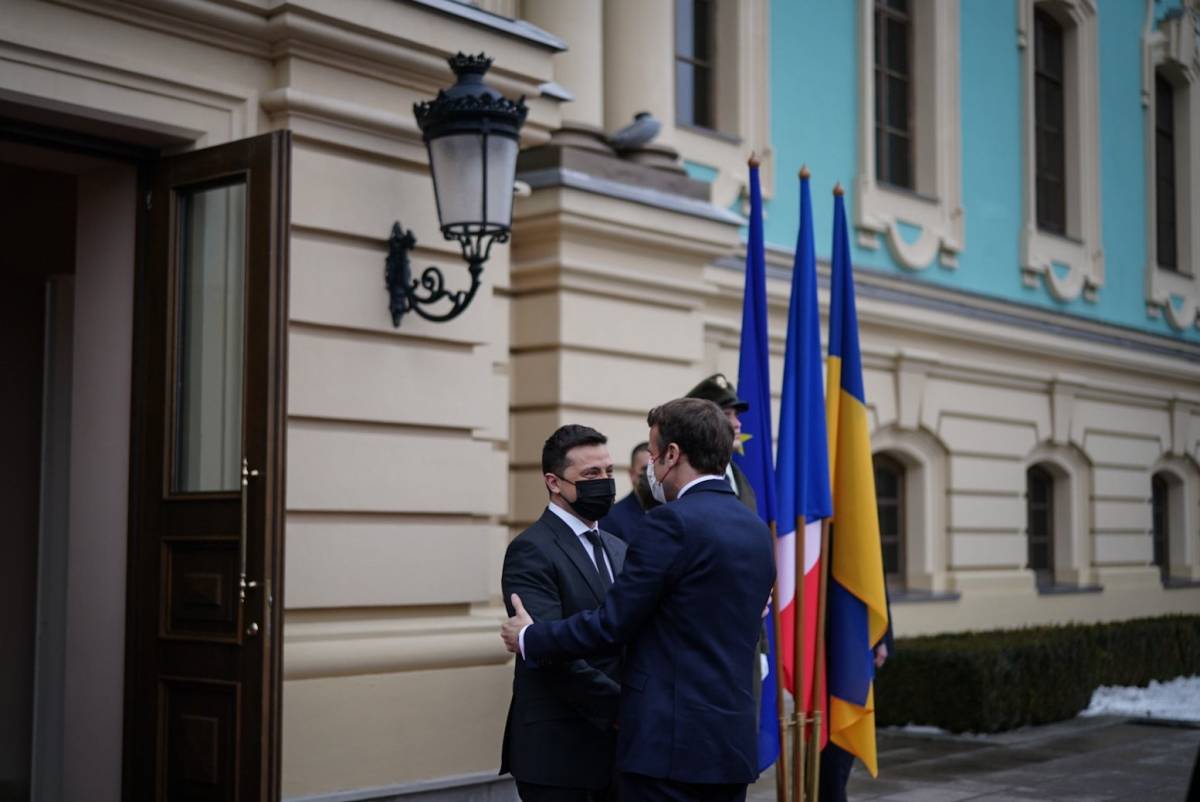Minister Miller expresses skepticism about a swift recovery in the number of study permits granted to Indian students…reports Asian Lite News
In the latter part of the previous year, Canada witnessed a significant decline in the issuance of study permits to Indian students, a downturn primarily attributed to the expulsion of Canadian diplomats from India, a crucial element in the permit processing chain. This decline is further underscored by diminished applications, a consequence of diplomatic tensions linked to the murder of Sikh separatist leader Hardeep Singh Nijjar on Canadian soil, a revelation made by Immigration Minister Marc Miller to Reuters.
Minister Miller expresses skepticism about a swift recovery in the number of study permits granted to Indian students. The diplomatic strain originated when Canadian Prime Minister Justin Trudeau, in June, implicated Indian government agents in Nijjar’s murder in British Columbia. Miller acknowledged, “Our relationship with India has significantly impeded our ability to process a considerable number of applications from India.”
In October, a directive from New Delhi prompted Canada to withdraw 41 diplomats, resulting in a two-thirds reduction in its Indian staff. Simultaneously, the diplomatic dispute has steered Indian students towards educational opportunities in other nations, a phenomenon highlighted by a ministerial spokesperson.
The consequences of these events were striking, with an 86% plunge in study permits issued to Indians in the last quarter compared to the preceding one, dropping from 108,940 to 14,910. C Gurusubramanian, counselor for the High Commission of India in Ottawa, emphasized a growing trend of Indian students exploring alternatives due to concerns about living conditions and educational amenities in some Canadian institutions.
Historically, Indians constituted the largest group among international students in Canada, holding over 41% of all permits in 2022, totaling 225,835 individuals.
Minister Miller conveyed uncertainty about the evolution of diplomatic relations, particularly if charges were to be laid. He remarked, “It’s not something that I see any light at the end of the tunnel on.”
This decline unfolds against a backdrop of broader concerns, including Canada’s position on allegations linking Indian agents to Nijjar’s murder—a claim dismissed by India. The context is further shaped by a US charge against an individual collaborating with an Indian government employee for a murder plot in New York City, and Canada’s efforts to manage international student numbers amid a housing shortage.
ALSO READ: Canada Plans Cap on International Students Amid Housing Crisis














